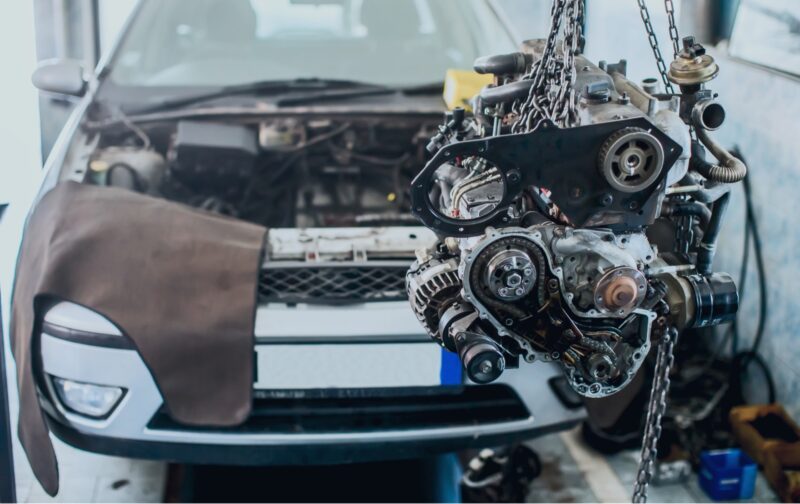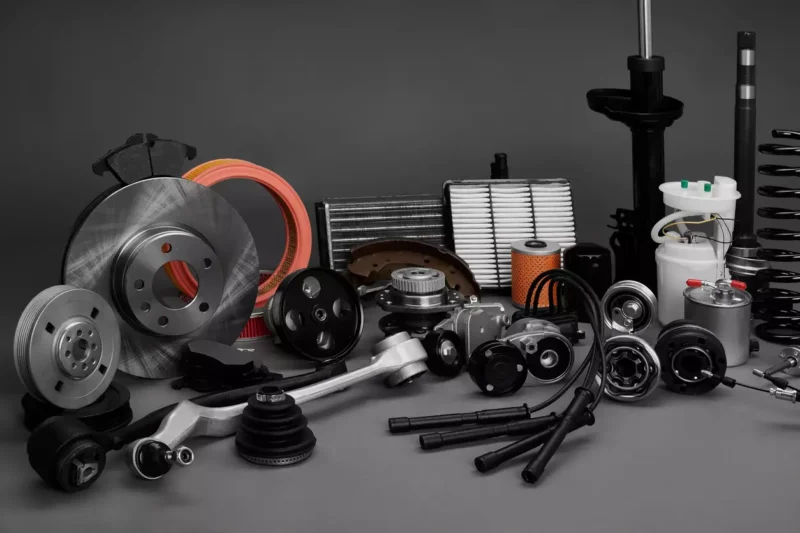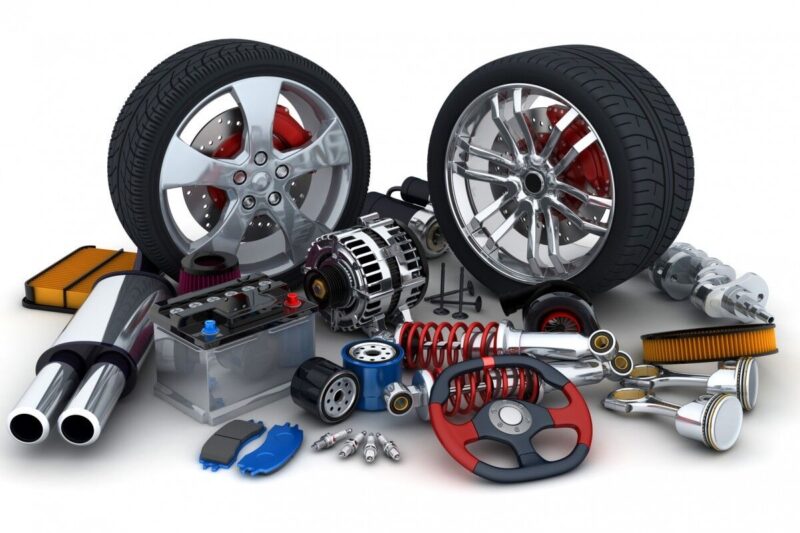When looking for used car parts, quality matters. Finding the right part can extend your vehicle’s lifespan and save you money, but not all used parts meet the same standard. Determining whether a part is worth the purchase requires attention to detail. Below, you’ll find key points to help you make the right choice. Check each carefully to ensure you get a good deal.
Key Points:
- Confirm the part’s compatibility with your car.
- Check for wear and tear.
- Ensure the part has no visible damage.
- Verify the source’s reliability.
- Look for a warranty.
Compatibility and Functionality

Before buying any used part, confirm that it fits your car model. Even minor differences between versions of a car can lead to problems later. Check the part number to match it exactly with your vehicle. A good-quality used part will meet your car’s specifications, ensuring a proper fit and functioning.
You don’t want to risk buying a cheap part that doesn’t work for your car. For those looking for cheap used auto parts, Rectangle Auto Supply can offer budget-friendly options. However, make sure to cross-check that it meets the criteria of your vehicle’s needs.
Look for Wear and Tear
Examine the part closely. Look for any signs of rust, cracks, or any visible damage that could indicate wear. Even minor scratches or dents can reveal potential problems. Some parts may show minimal wear, but others might be near the end of their useful life. Avoid parts that appear overly worn.
If a part looks overly damaged, it might have lost its integrity. Steering clear of parts that are corroded or cracked helps ensure that you’re investing in something reliable.
Check for Damage

Never purchase a used part with structural damage. Broken or bent components are not worth the risk. It’s important to visually inspect every part to make sure it is in proper working condition. Scrutinize any moving pieces and ensure that they move as expected without grinding or resistance.
If the part shows any signs of malfunction, like strange noises or jerky movement, it’s not worth purchasing. You can ask for assistance from a professional mechanic to inspect the part before finalizing the purchase.
Reliable Source
The source matters. You can’t trust just any dealer or seller when buying used car parts. Research reputable sources, and stick with suppliers who have a strong track record. A reliable seller will offer transparent information about their products and a fair price. Avoid sellers that don’t provide details or have a history of complaints.
Online reviews and feedback from other customers can give you insight into how trustworthy the source is. Always ensure that your parts come from a dependable supplier to reduce the risk of buying something faulty.
Warranty Matters

Good quality used car parts often come with some form of warranty. If the seller offers a warranty, it indicates confidence in the part’s quality. A warranty gives you the peace of mind that, should anything go wrong, you have a fallback. Even though used parts are often more affordable than new ones, having a guarantee can save you more money in the long run if issues arise.
Never skip asking about the warranty. It’s a simple step that can save you trouble later. A good warranty period also means the part is expected to last longer.
Final Checks Before Purchase
Before making the final purchase, perform one more round of checks. Test the part to see how well it works. If it’s an electrical component, make sure it functions properly by testing it directly with your vehicle. Mechanical parts should be easy to handle and free of stiffness.
Another useful tip is to check if there are recalls associated with the part. A part that has been recalled might not meet safety standards, making it a poor choice, even if it appears to be in good condition.
By ensuring all checks have been thoroughly conducted, you lower the risk of purchasing faulty or unsafe parts.
Conclusion
Buying a used car part requires patience and prec1ision. It’s not enough to simply find a part at a lower price. Every used part should meet a specific standard of quality, ensuring that your vehicle continues to run smoothly without complications. Prioritize compatibility, condition, history, source reliability, and warranty.
In summary, remember to always check for compatibility first, look for visible signs of wear, ensure there’s no significant damage, ask about the part’s history, buy from reliable sellers, and make sure there’s a warranty in place. This will protect both your wallet and your vehicle’s health, allowing you to drive with confidence knowing you’ve made a smart investment.


